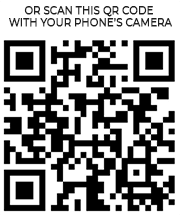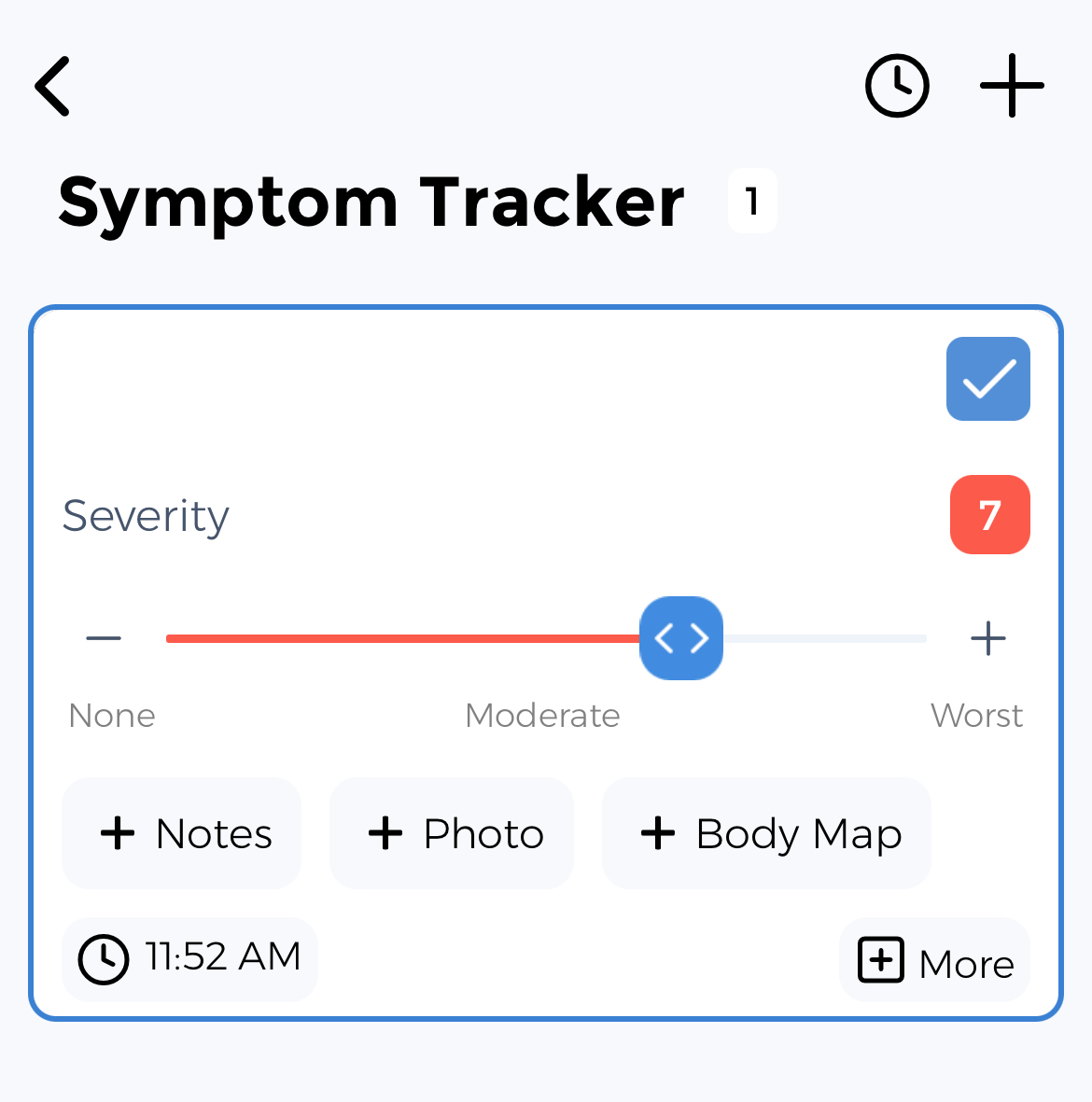Amyotrophic Lateral Sclerosis Symptom Tracker: Your Health Assistant
Living with Amyotrophic Lateral Sclerosis means dealing with muscle weakness, muscle twitching, difficulty speaking, and more. But here's the truth: Data is your most powerful tool. Every logged symptom reveals patterns—so you can take informed action.
Amyotrophic Lateral Sclerosis (ALS), also known as Lou Gehrig's disease, is a progressive neurodegenerative disease that affects nerve cells in the brain and spinal cord. Tracking symptoms helps monitor disease progression and optimize care interventions.
Key ALS Symptoms You Should Track
Struggling with symptoms like these? Tracking them reveals patterns, triggers, and how they impact your daily life.
Muscle weakness
Muscle twitching
Difficulty speaking
Difficulty swallowing
Muscle cramps
Impaired coordination
Breathing difficulties
Fatigue
Track Your Amyotrophic Lateral Sclerosis Treatments
Tracking how these common treatments affect your symptoms can help you and your healthcare provider optimize your care plan:
Our tracker helps you monitor when you take medications and how they affect your symptoms over time.
Standardized Amyotrophic Lateral Sclerosis Assessments
Complete these evidence-based assessments in the App to measure your severity and monitor your progress:
⚡ Knowledge Is Your Superpower
The difference between feeling overwhelmed by ALS and feeling in control starts with data. When you track your symptoms, you transform uncertainty into clarity. Every data point brings you closer to understanding your unique patterns.
It's free to try for anyone—whether you're managing your own condition, supporting a child, helping an aging parent, or assisting a partner. Our tracker adapts to your specific role in the health journey.
How the CareClinic ALS Symptom Tracker Adapts to Your Needs
Adults
Caregivers
Parents of Children
Young Adults
Your Complete Amyotrophic Lateral Sclerosis Management Toolkit
Uncover Patterns & Insights
Map your Amyotrophic Lateral Sclerosis symptoms like a detective solving a case.
Understand Your Medication's Impact
Turn guesswork into strategy. See how treatments affect your well-being with clear health insights.
Objectively Measure Your Progress
Use clinically validated tools to objectively measure your progress.
Other Tools You May Like...
Plus 2 more specialized tracking tools available
Access All Tracking ToolsAlso Supports Other Conditions Like
Frontotemporal Dementia Tracker
Frontotemporal Dementia warriors use our tracker to monitor personality changes, behavior changes.
Parkinson's Disease Tracker
Parkinson's Disease warriors use our tracker to monitor tremor, slowed movement.
Multiple Sclerosis Tracker
Multiple Sclerosis warriors use our tracker to monitor fatigue, walking difficulties.
Success Stories from Our Community
"This tracker was my turning point with Amyotrophic Lateral Sclerosis. I realized that stress affected my difficulty speaking more than I'd thought possible. Now I can understand how my medications actually affect me with confidence."
"Living with Amyotrophic Lateral Sclerosis felt overwhelming until I started tracking systematically. I finally developed strategies that actually work after just 13 months of consistent logging."
Take Control of Your Amyotrophic Lateral Sclerosis Journey
Transform from feeling like a passive patient to becoming an informed self-advocate. Join thousands who've discovered new insights about their condition.
Designed by people who understand the daily challenges of managing chronic conditions, we're here to support you and your ❤️ ones.
Download Your ALS Tracker NowYour Data is Protected
Private & Secure
HIPAA Compliant
GDPR Compliant
Never Sell Data
Your data is yours: You get full control over who can view your information. CareClinic keeps all your data secure and encrypted.
References based on studies by:

